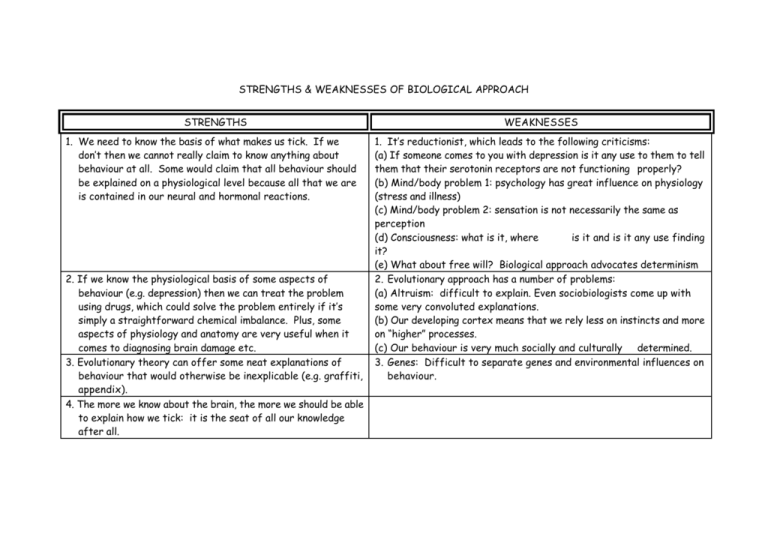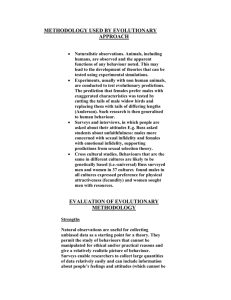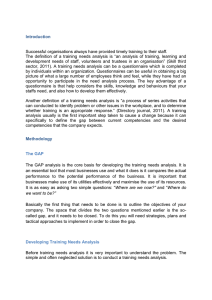Biological Approach: Strengths & Weaknesses Analysis
advertisement

STRENGTHS & WEAKNESSES OF BIOLOGICAL APPROACH STRENGTHS 1. We need to know the basis of what makes us tick. If we don’t then we cannot really claim to know anything about behaviour at all. Some would claim that all behaviour should be explained on a physiological level because all that we are is contained in our neural and hormonal reactions. 2. If we know the physiological basis of some aspects of behaviour (e.g. depression) then we can treat the problem using drugs, which could solve the problem entirely if it’s simply a straightforward chemical imbalance. Plus, some aspects of physiology and anatomy are very useful when it comes to diagnosing brain damage etc. 3. Evolutionary theory can offer some neat explanations of behaviour that would otherwise be inexplicable (e.g. graffiti, appendix). 4. The more we know about the brain, the more we should be able to explain how we tick: it is the seat of all our knowledge after all. WEAKNESSES 1. It’s reductionist, which leads to the following criticisms: (a) If someone comes to you with depression is it any use to them to tell them that their serotonin receptors are not functioning properly? (b) Mind/body problem 1: psychology has great influence on physiology (stress and illness) (c) Mind/body problem 2: sensation is not necessarily the same as perception (d) Consciousness: what is it, where is it and is it any use finding it? (e) What about free will? Biological approach advocates determinism 2. Evolutionary approach has a number of problems: (a) Altruism: difficult to explain. Even sociobiologists come up with some very convoluted explanations. (b) Our developing cortex means that we rely less on instincts and more on “higher” processes. (c) Our behaviour is very much socially and culturally determined. 3. Genes: Difficult to separate genes and environmental influences on behaviour.











